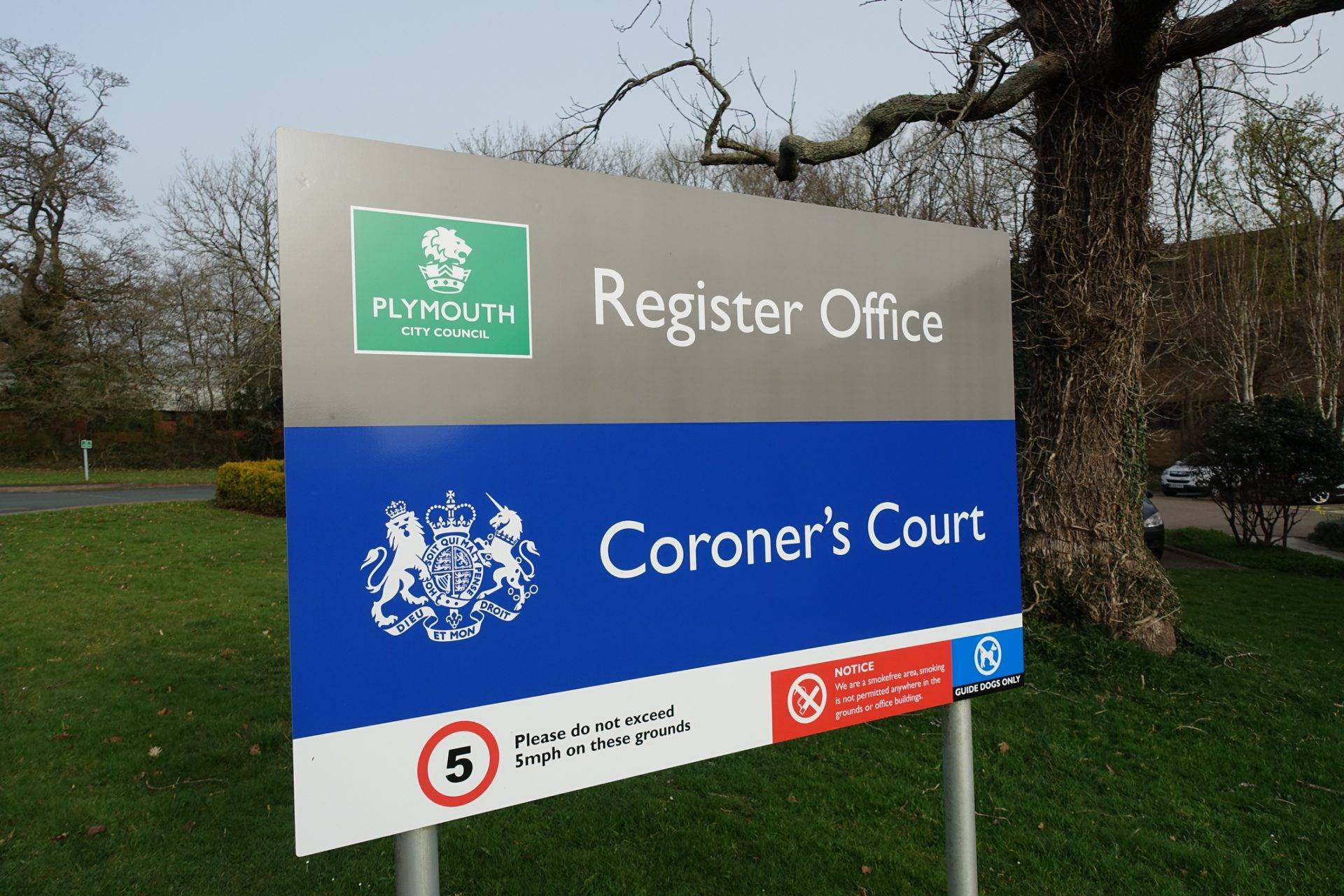The BBC has reported this week that Coroners in England and Wales sent 109 warnings to health bodies and the Government in 2023 highlighting long NHS waits, staff shortages, or a lack of NHS resources.
The number of cases linked to NHS pressures was the highest in the last six years.
What is the role of a Coroner?
Coroners investigate all deaths where the cause is unknown, where there is reason to think the death may not be due to natural causes, or which need an inquiry for some other reason.
What do the findings show?
The BBC considered hundreds of Prevention of Future Deaths report written after inquests in order to find cases which were linked to NHS waits or pressure on the health service. A Prevention of Future Death report, also known as a Regulation 28 report, is sent by a Coroner when they think action is required to protect lives.
Their findings show an increase from 58 cases of warnings being sent by Coroners in 2019 to 109 in 2023. This is a rise from one in nine to one in five.
Prevention of Future Deaths
When a Coroner sends a Prevention of Future Deaths report, the relevant health body has a mandatory duty to respond. However, any changes recommended by the Coroner are not legally enforceable.
Director of the charity, Inquest, Deborah Coles, told a Parliamentary hearing last month that there was a danger these reports could “disappear into the ether”, and a real risk that the same mistakes could be repeated in the future.
Now, charities and law firms representing bereaved families are calling for the creation of a new independent body to audit the reports and make sure the recommendations are implemented.
Comment
It is absolutely imperative that lessons are learnt from previous mistakes. The only hope for better protection of patient safety is learning, improvement, and growth.
It is therefore shocking to hear that so many warnings are still required, and furthermore, that there is such a real risk of those warnings not resulting in action. It is certainly clear that something needs to be done to bring about change.
 How can Nelsons help?
How can Nelsons help?
Danielle Young is a Legal Director in our Medical Negligence team, which is ranked in Tier One by the independently researched publication, The Legal 500.
If you have any questions about the subjects discussed in this article, please contact Danielle or another team member in Derby, Leicester, or Nottingham on 0800 024 1976 or via our online form.
Contact usIf this article relates to a specific case/cases, please note that the facts of this case/cases are correct at the time of writing.


